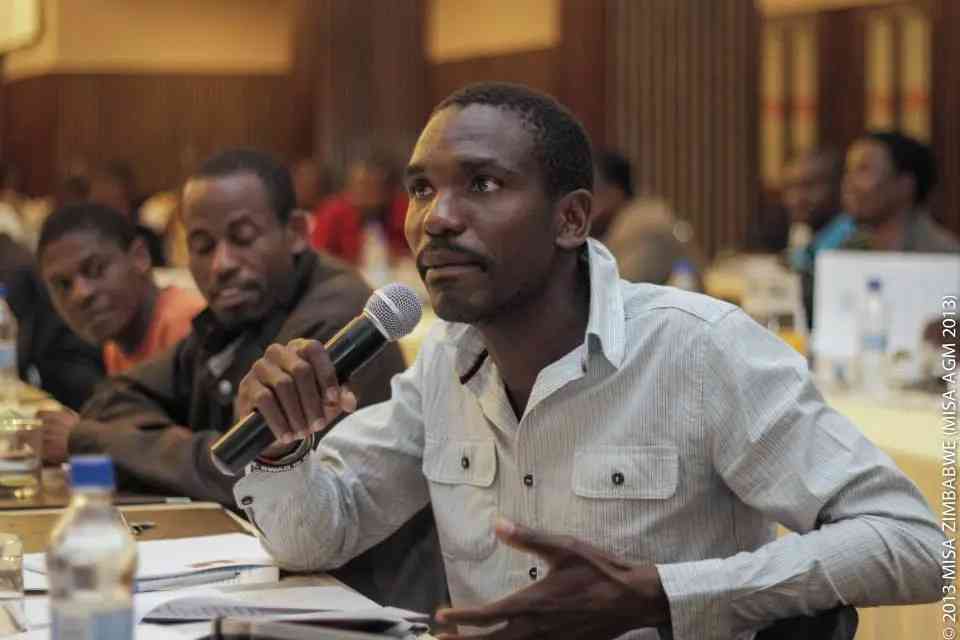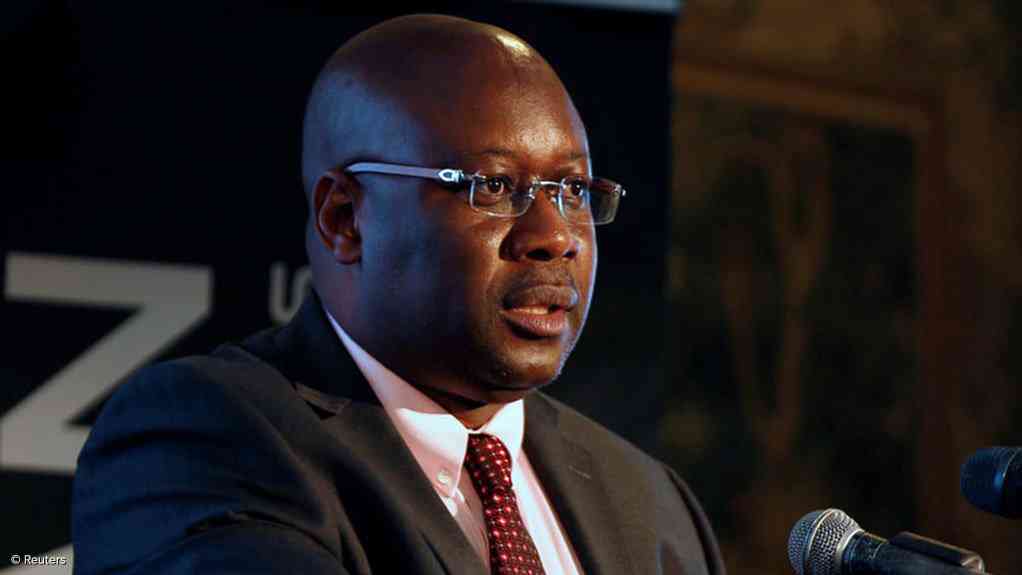
PROCUREMENT of equipment that will be used in the construction of Zimbabwe’s second petroleum pipeline project valued at over US$1 billion is on course, the deal maker of the lucrative project told the Zimbabwe Independent.
Over the past 13 years, the implementation of the strategic project, which is expected to put Zimbabwe into the region’s petroleum hub, hung in the balance as the government worked on modalities to tie up the deal with a suitable suitor.
Eddie Cross, President Emmerson Mnangagwa’s former adviser, shared with this publication that orders for equipment that will be used to construct the second fuel pipeline had already been placed with manufacturers.
Cross, who wrote Mnangagwa’s biography titled A Lifetime of Struggle in 2021, said Mozambican authorities were supportive of the project.
This week, Zimbabwe and Mozambique jointly commissioned the US$200 million Beira-Machipanda railway line, that is expected to boost trade flows between the neighbouring countries.
The second fuel pipeline project will be implemented under a joint venture by the state-run National Oil Company (Noic) and South African-based firm Coven Energy.
The two parties will each control 50% shareholding of the pipeline.
“The joint venture between Noic and Coven Energy has been agreed by the cabinet on a 50-50 ownership basis. We are at the stage now where we are entering discussions with the Mozambican authorities on expanding the capacity of Beira port,” Cross said.
- Mr President, you missed the opportunity to be the veritable voice of conscience
- ED to commission new-look border post
- Zanu PF ready for congress
- EU slams Zim over delayed reforms
Keep Reading
“We have already ordered some of the equipment required to implement the project, which is now being manufactured and assembled. Once we conclude our agreement with Mozambique to proceed, our consultant will start work. The Mozambican authorities are fully supportive of this project.”
Cross said Coven Energy will foot the cost of the project. “Coven Energy will finance the whole project pegged at over US$1 billion. It will be implemented in phases. Phase 1 is US$1,3 billion,” he said.
“Coven Energy will put up 30% liquidity, which is their own money and 70% will be borrowed during the project. There is no problem with financing.”
Noic corporate services director had not responded to questions posed by the Independent at the time of going to print.
Broadly, this publication wanted to gain an understanding of the projected carrying capacity, how Coven Energy would recoup its capital investment, and the profit-sharing ratio between the involved parties.
The only existing pipeline is wholly owned and managed by Pipeline Zimbabwe, a subsidiary of Noic.
Noic assumed total control over the Feruka-Harare pipeline when it snapped 50% equity then held by Lonmin, formerly known as Lonrho.
Mozambique owns the length of the pipeline that runs from Beira to Feruka. Private fuel trading firms pay Noic to use the infrastructure.
In 2021, Noic was charging US$0,07 to move a litre of fuel through the Feruka pipeline. Construction of the Coven Energy-Noic pipeline is expected to utilise Zimbabwe’s underutilised storage capacity, which stands at 500 million litres.











